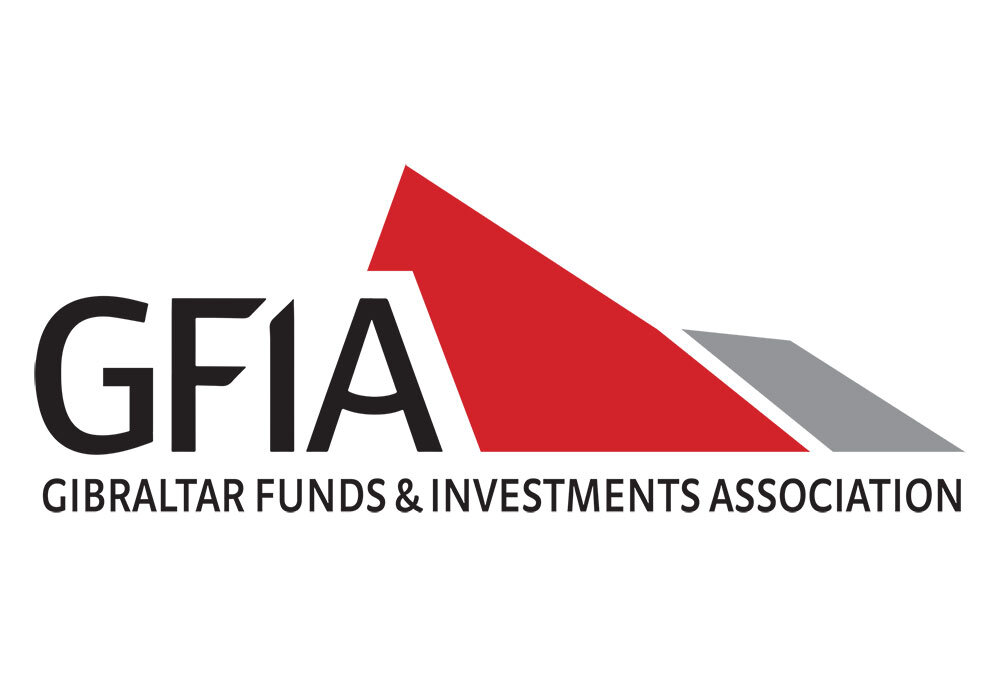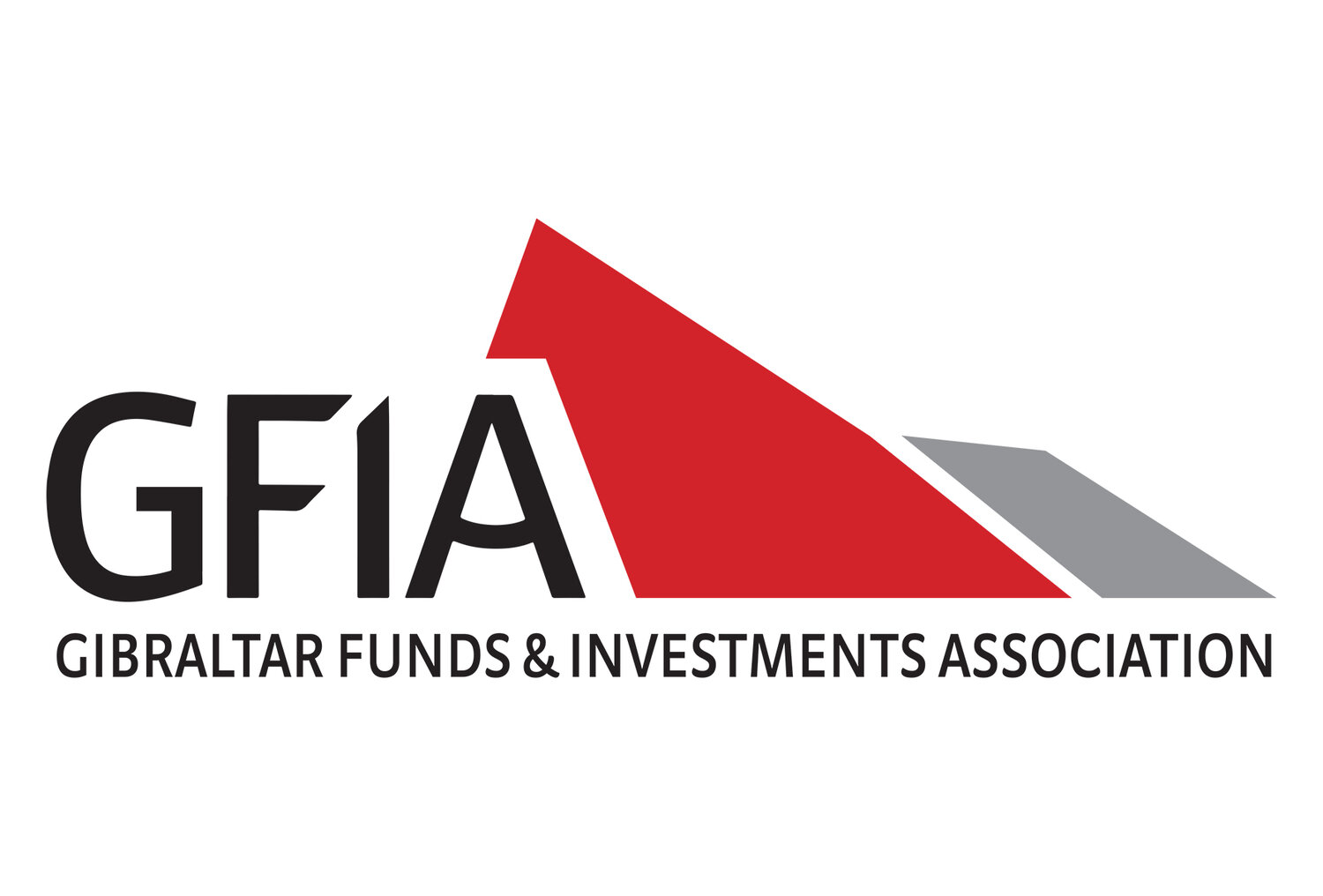The new Anti-Money Laundering Regime of the European Union: Regulations and Impact in Financial Services
Dimitrios Psarrakis and Ernest Lima [ XReg Consulting ] will be delivering a virtual training on the new anti-money laundering regime of the EU.
This training is a webinar which is £20 for members / £35 for non members.
To find out more about our new pricing structure for virtual events click HERE
In the seminar Dimitrios will update the members of Gibraltar Funds and Investments Association about the emerging AML regime in the European Union stressing the major impact they expect to have in the financial industry as a whole, they will underline the financial sectors mostly affected by these changes, and share their views on the impact they expect in the market. Please find below further background information from Dimitrios.
Background information
The European Union was one of the major regulators that understood fast the significance of digital finance and its disruptive capabilities in the value chains of the providers of financial services. Early on, it identified the importance digital finance to enter the market, first by allowing the transition to open banking (with the PSD2) and now it already moves from open banking to open finance (with a new PSD that is under way. Similarly, a set of new regulations was introduced to provide legal certainty in the field of crypto-assets, with MiCA and the DLT Pilot Regime addressing the challenges of the payment tokens, utility tokens and cryptographic securities, as well as the requirements for the providers of crypto-asset services. The digital finance Strategy introduced by the European Commission in 2019, includes aspects of the use of AI, the role of digital identity for onboarding customers and there are thoughts for the introduction of a new MIFID, that will reflect the technological changes of our time (MiFID 2.5).
Organic role in this wave of regulatory initiatives that we expect to change the European market structure, as well as the market structure of many other jurisdictions in the periphery of the EU, is the role of AML/CFT. European Union introduced in July 2020 a set of four new regulatory initiatives that reflect exactly the new technological challenges. The four pieces of regulation are the following:
1) The first European Anti Money Laundering Regulation;
2) A new Anti-money Laundering Directive;
3) The introduction of a new European entity responsible for the monitoring and compliance of the AML regime; and
4) A new regulation that transposes the FATFs travel rule of crypto-assets in the market of the EU.
The AMLR package is expected to introduce a rather uniform regime in the EU for AML purposes in financial services in a much more advanced way compared to the existing AMLD.

